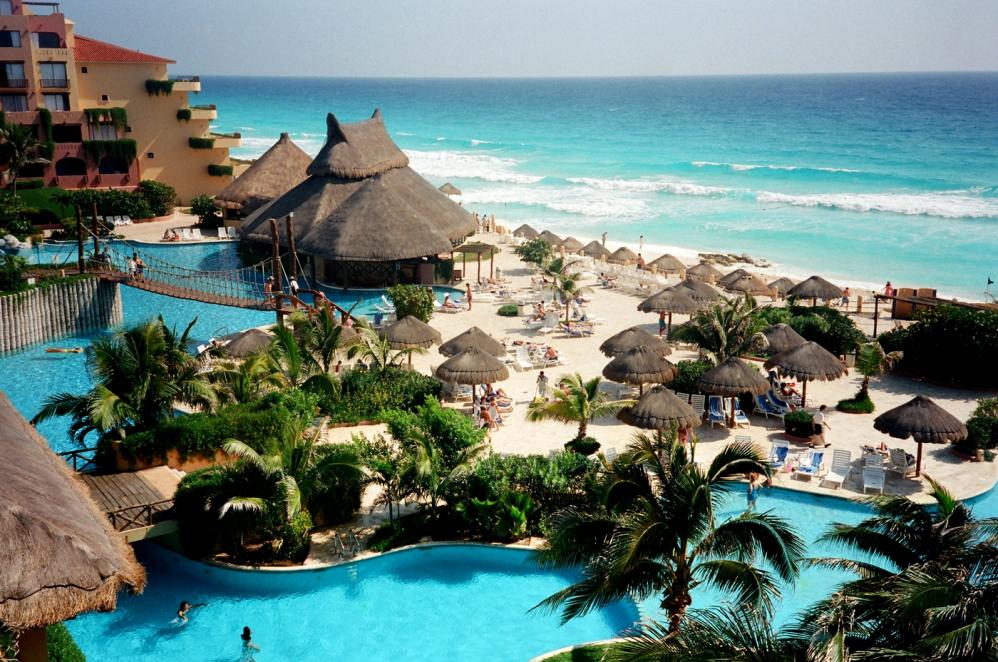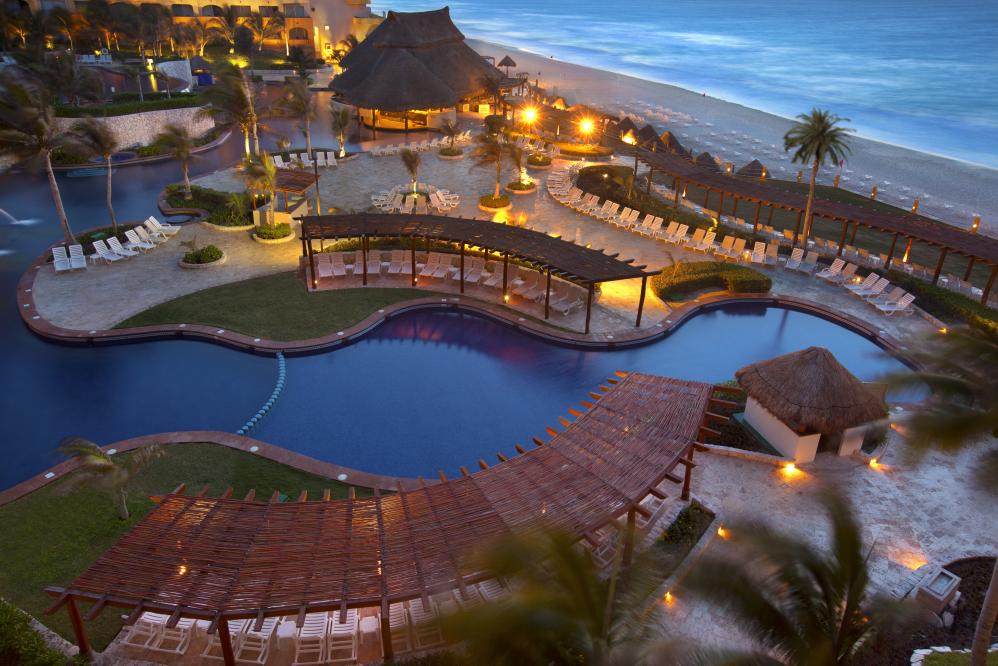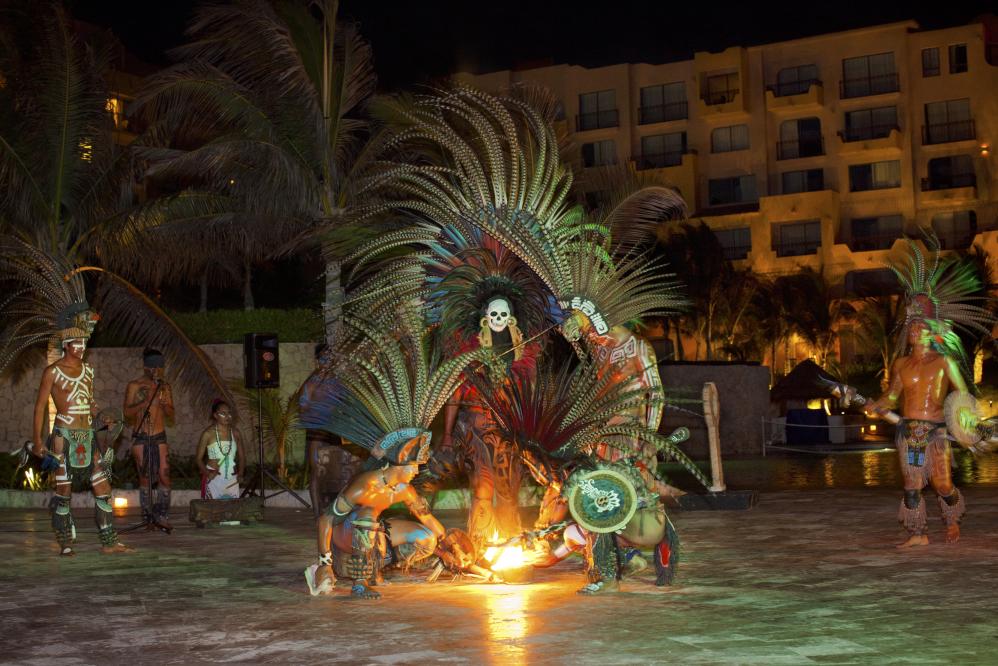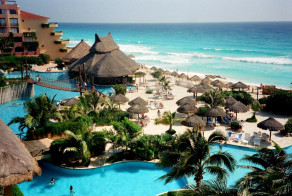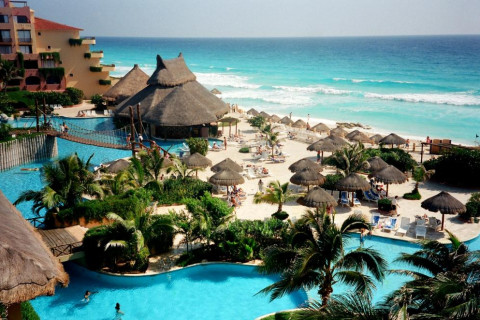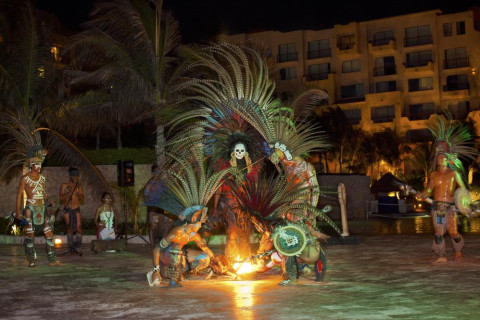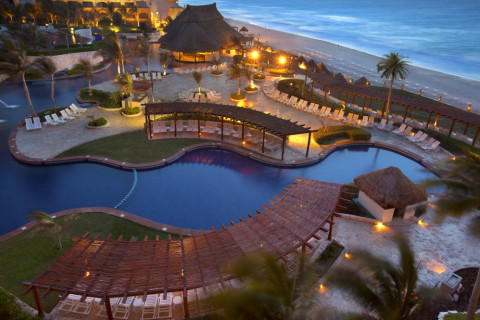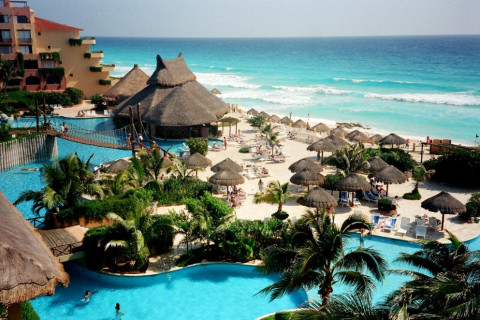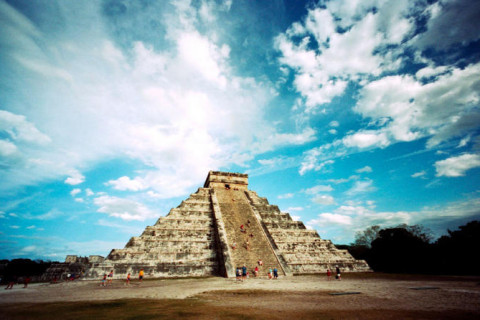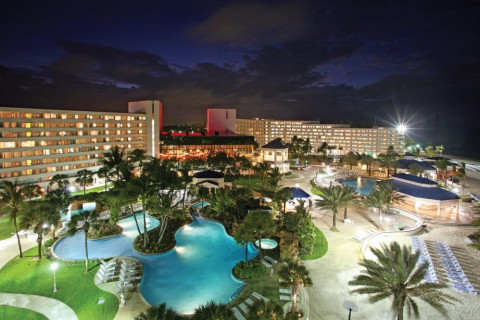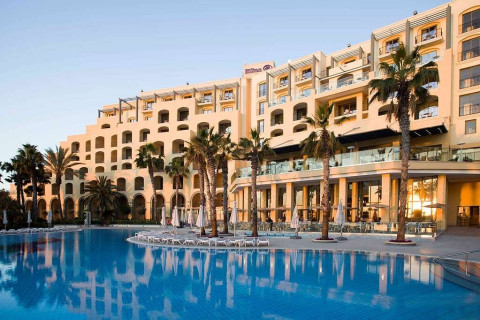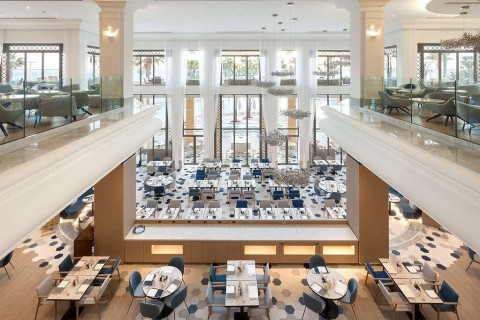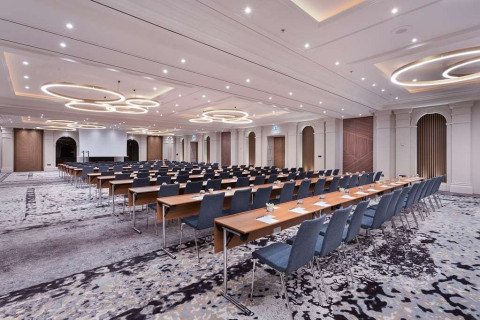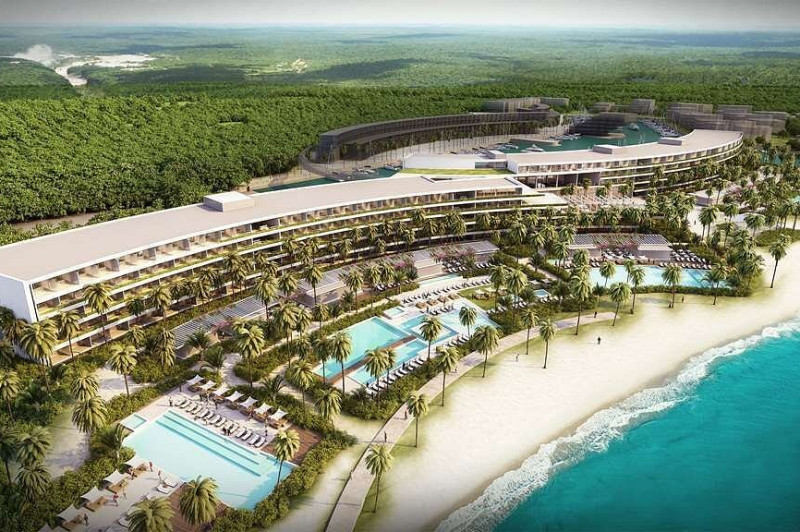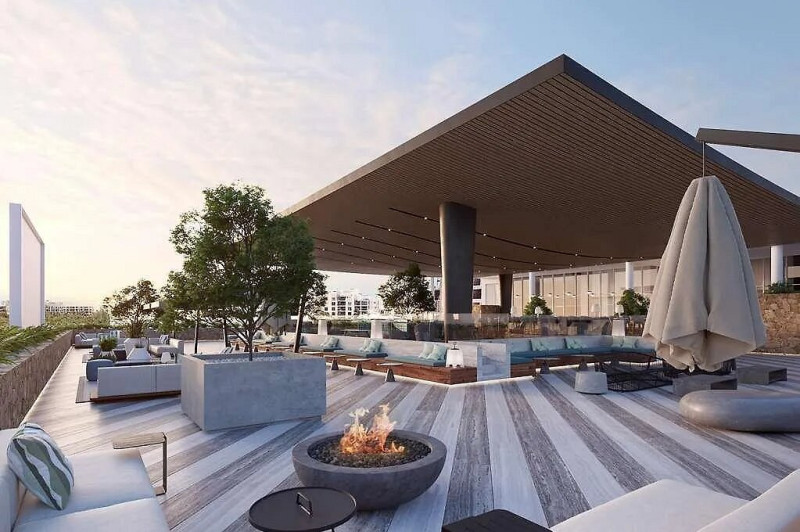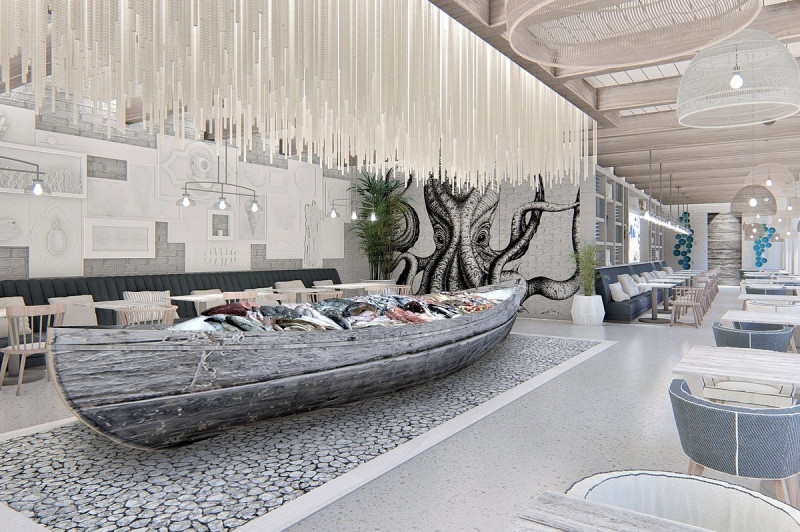- Home
- Past Conferences
- Exploring DNA Repair Pathways as Targets for Cancer Therapy
Exploring DNA Repair Pathways as Targets for Cancer Therapy
Target DNA repair for Cancer Therapy
12 Feb - 15 Feb 2015
Cancun, Mexico
-
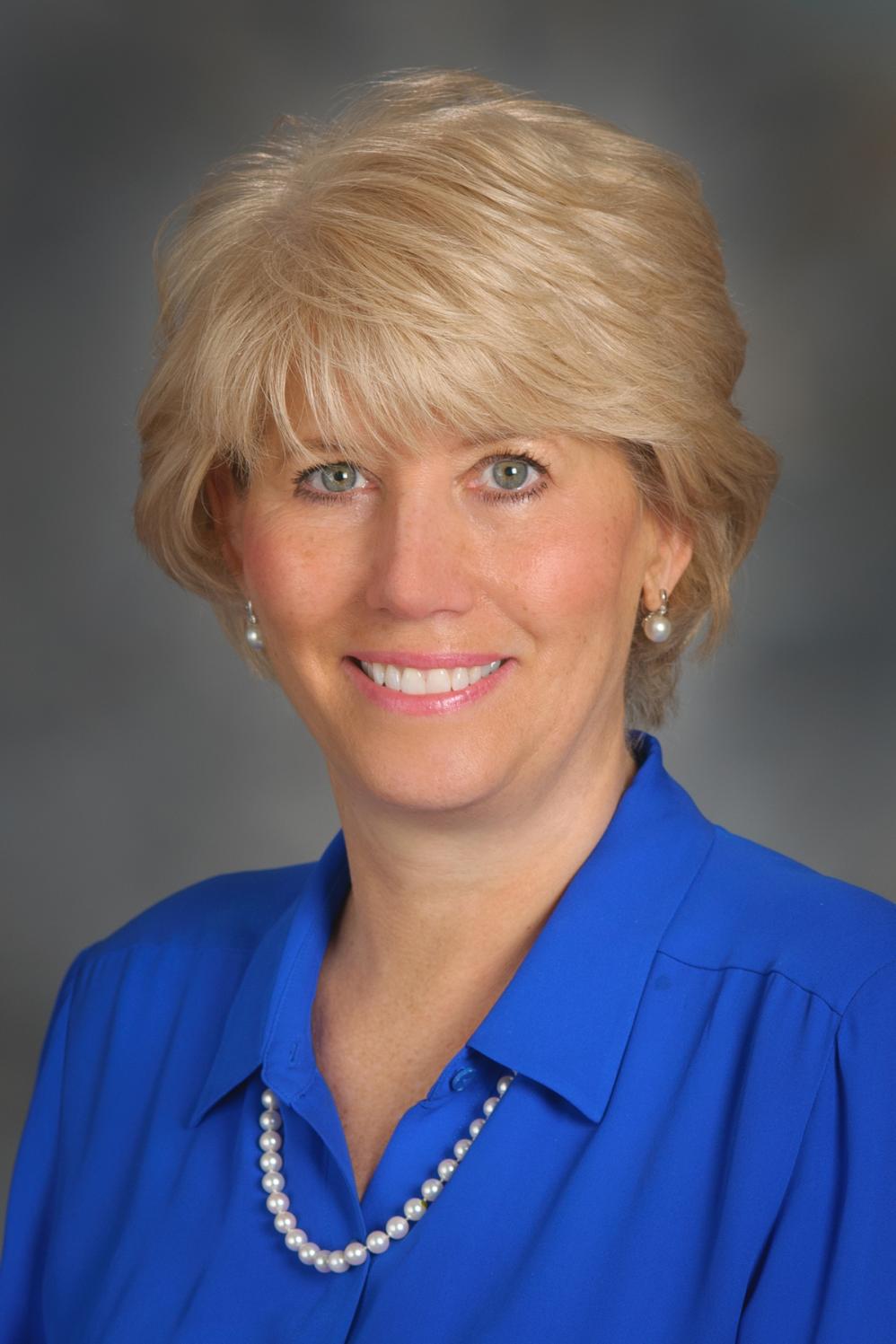
Helen Piwnica-Worms
The University of Texas MD Anderson Cancer Center
-
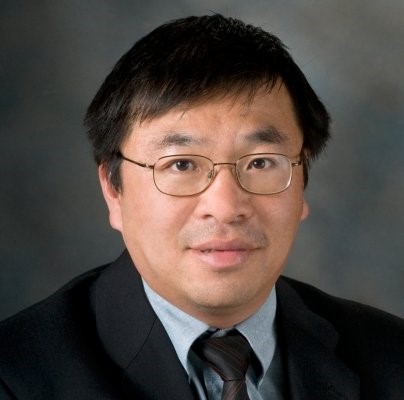
Junjie Chen
The University of Texas MD Anderson Cancer Center
Early Bird - Expired • Talk Submission - Expired • Poster Submission - Expired • Registration & Payment Deadline - Expired
Report
This new major conference on Target DNA repair for Cancer Therapy took place in Cancun, Mexico from 12 to 15 February 2015. The significance of this meeting was marked by euthasitic attendees from many leaders in the field of DNA damage repair pathways who are interested in identifying new targets and strategies for improving cancer therapy by targeting distinct DNA repair pathways.
The meeting was chaired by Dr. Helen Piwnica-Worms (Vice Provost, Science, The University of Texas MD Anderson Cancer Center) and Dr. Junjie Chen (Professor and Chain, Department of Experimental Radiation Oncology, The University of Texas MD Anderson Cancer Center).
Faculty included Dr. Giulio Draetta (The University of Texas MD Anderson Cancer Center), Dr. Maria Jasin (Memorial Sloan Kettering Cancer Center), Dr. Andre Nussenzweig (National Cancer Institute), Professor John Tainer (Scripps Research Institute), Prof. Chris Bakkenist (University of Pittsburgh School of Medicine), Dr. Eric Brown (University of Pennsylvania School of Medicine), Dr. Phil Connell (The University of Chicago Medicine), Dr. David Ferguson (University of Michiga), Dr. Susana Gonzalo (Saint Louis University), Dr. Roger Greenberg (Abramson Family Cancer Research Institute), Professor Wolf-Dietrich Heyer (University of California), Dr. Karen Knudsen (Kimmel Cancer Center), Dr. Kyle Miller (University of Texas Austin), Dr. Jac A. Nickoloff (Colorado State University), Professor Jeffrey Parvin (Ohio State University), Dr. Tanya Paull (The University of Texas at Austin), Dr. Bill Plunkett (The University of Texas MD Anderson Cancer Center), Dr. Simon Powell (Memorial Sloan Kettering Cancer Center), Dr. Jorge S. Reis-Filho (Memorial Sloan Kettering Cancer Center), Dr. Binghui Shen (City of Hope), Dr. Barry Sleckman (Washington University, School of Medicine< Dr. Robert Sobol (University of Pittsburgh), Dr. Henning Willers (Massachusetts General Hospital), Dr. Zhongshen You (University of Washington), Dr. Xiaochun Yu (University of Michigan), and Dr. Lee Zou (Harvard/MGH Cancer Center)
The meeting highlighted several exciting areas in the field of DNA damage response, which include 1) repair pathway choices and therapeutics outcomes, 2) new therapeutic targets in DNA repair, 3) ongoing clinical trials targeting DNA repair pathways and DNA damage checkpoints. Exciting presentations from basic scientists, clinicians and translational experts presented multitude of new strategies for cancer therapy, which range from concepts, leading compounds, to early clinical trials. The meeting was highly interactive and generated healthy discussions about current and future directions of the field. Novel ideas were exchanged and collaborations were established, which focus on distinct repair pathways and components involved in DNA double strand breaks, novel functions of repair proteins, checkpoint regulators, and chromatin modulators, and key signaling pathways and kinases that are existing and potential targets for cancer therapy.
The participation of internationally renowned leaders in the field of DNA damage response together with the excitement of new drugs like PARP inhibitors and checkpoint kinase inhibitors that hold great promise in clinical trials created a supportive meeting environment. The investigators were eager to work together to address several key questions in the field. It was agreed that the timing is right for a conference like this that helps to accelerate the development of new concepts and agents in DNA repair for cancer treatment.
_____________________________________
The meeting was expertly organized and supported by Fusion Conferences, Ltd. The University of Texas MD Anderson Cancer Center generously and enthusiastically supported the meeting in many ways and the generous support of Cell Signaling Technology is also gratefully appreciated.
Synopsis
The first in the series of the Exploring DNA Repair Pathways as Targets for Cancer Therapy Fusion conferences.
Defect in DNA damage repair and checkpoint control is the underlying mechanism for tumorigenesis, since it allows the accumulation of multiple genetic alternations, which are essential for the initiation of tumorigenesis. This has been clearly illustrated to be the cause of several human cancer-prone syndromes and also revealed by recent human genome studies. On the other hand, defective DNA repair and checkpoint activation also make cancer cells more vulnerable for particular DNA damaging agents or inhibitors that specifically disrupt some of these checkpoint pathways. With the increasing understanding of defects in DNA repair and checkpoint control in tumorigenesis, there are extensive interests in exploring these deficiencies, especially taking advantage of the synthetic lethality concept and targeting particular DNA repair and checkpoint pathways for cancer therapy. The purpose of this conference is to bring together basic, translational and clinical investigators and discuss the current and future directions, opportunities and obstacles in the development of these anti-cancer modalities and how to best apply these concepts in clinical practice.
Key Sessions
- Highlight recent advances in the field of DNA damage repair
- Identify novel targets in DNA repair and checkpoint pathways
- Explore the concept of synthetic lethality for cancer treatment
- Assess the therapeutic potential of new anti-cancer modalities
- Learn mechanisms of therapeutic resistance and ways to improve cancer therapy
Target Audience
This conference explores topics that should appeal to basic, translational and clinical investigators as well as clinicians ranging from academics to industry. The audience will benefit greatly from the interactions with experts in the fields of DNA damage response, drug development and clinical trials.
2015 DNA Poster Prize
The conference chairs will be awarding 3 poster prizes for the best poster display and presentation. To be in with a chance of winning, submit your poster by 21 November 2014. The winners will be selected shortly after the Poster Session and each winner will receive a $250 cheque!
Confirmed Plenary Speakers
Dr. Giulio Draetta
The University of Texas MD Anderson Cancer Center
Professor Thomas Helleday
Karolinska Institutet
Dr. Maria Jasin
Memorial Sloan Kettering Cancer Center
Dr. Andre Nussenzweig
National Cancer Institute
Professor John Tainer
Scripps Research Institute
Confirmed Invited Speakers
Prof. Chris Bakkenist
University of Pittsburgh School of Medicine
Dr. Eric Brown
University of Pennsylvania School of Medicine
Dr. Phil Connell
The University of Chicago Medicine
Dr. David Ferguson
University of Michigan
Dr. Susana Gonzalo
Saint Louis University
Dr. Roger Greenberg
Abramson Family Cancer Research Institute
Professor Reuben Harris
University of Minnesota
Professor Wolf-Dietrich Heyer
University of California
Dr. Karen Knudsen
Kimmel Cancer Center
Dr. Kyle Miller
University of Texas Austin
Dr. Jac A. Nickoloff
Colorado State University
Professor Jeffrey Parvin
Ohio State University
Dr. Tanya Paull
The University of Texas at Austin
Dr. Bill Plunkett
The University of Texas MD Anderson Cancer Center
Dr. Simon Powell
Memorial Sloan Kettering Cancer Center
Dr. Jorge S. Reis-Filho
Memorial Sloan Kettering Cancer Center
Dr. Binghui Shen
City of Hope
Dr. Barry Sleckman
Washington University - School of Medicine
Dr. Robert Sobol
University of Pittsburgh
Dr. Henning Willers
Massachusetts General Hospital
Dr. Zhongshen You
University of Washington
Dr. Xiaochun Yu
University of Michigan
Dr. Lee Zou
Harvard/MGH Cancer Center
Confirmed Speakers
Chairs

Helen Piwnica-Worms
Professor, The University of Texas MD Anderson Cancer Center

Junjie Chen
Professor and Chair, The University of Texas MD Anderson Cancer Center
Plenary Speakers
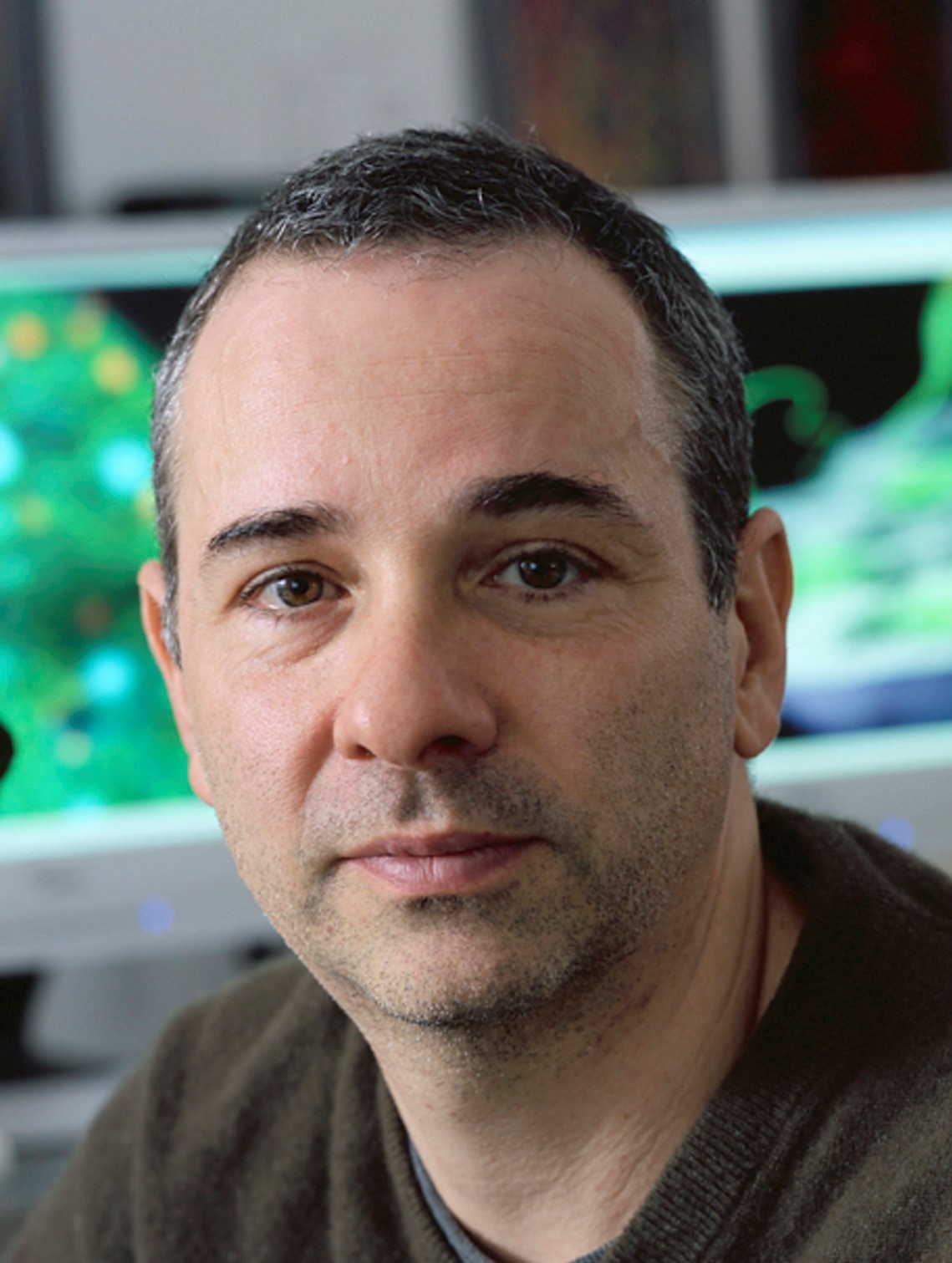
Andre Nussenzweig
Branch Chief, Laboratory of Genome Integrity, National Insitutes of Health
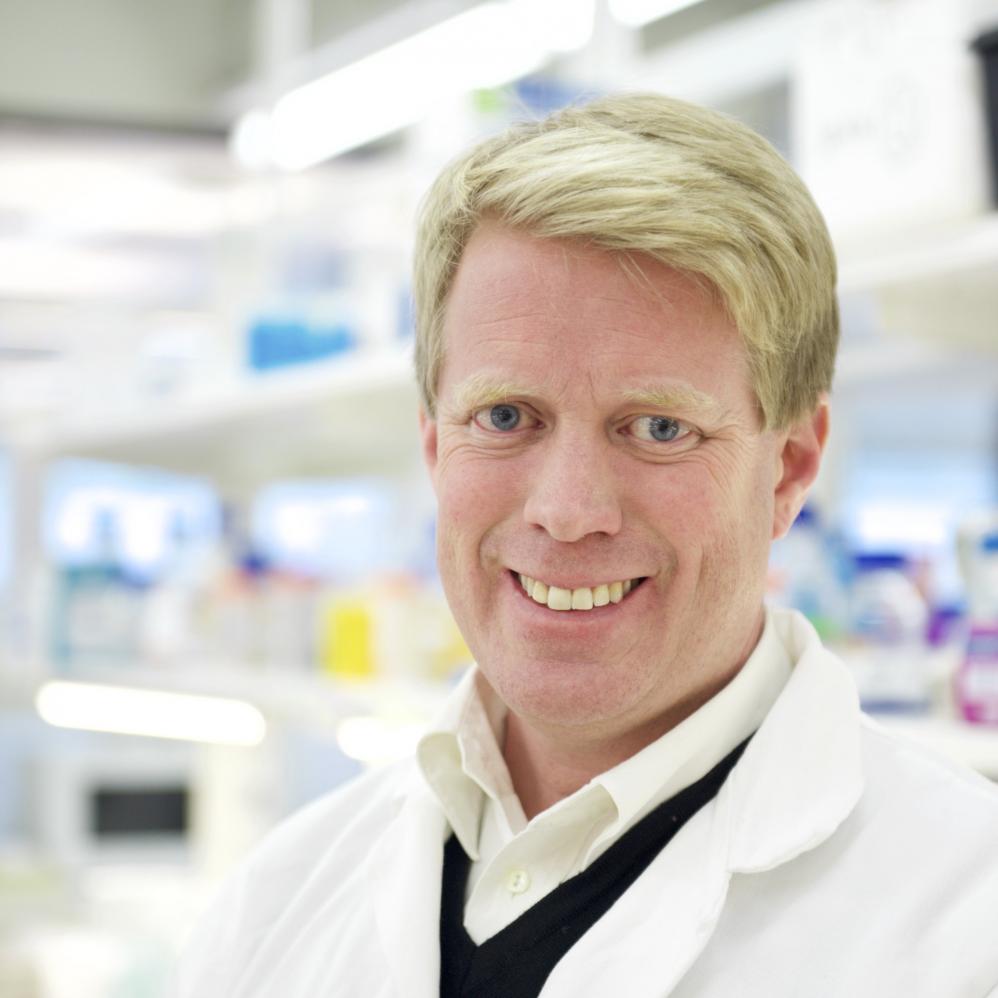
Thomas Helleday
Professor, Karolinska Institutet
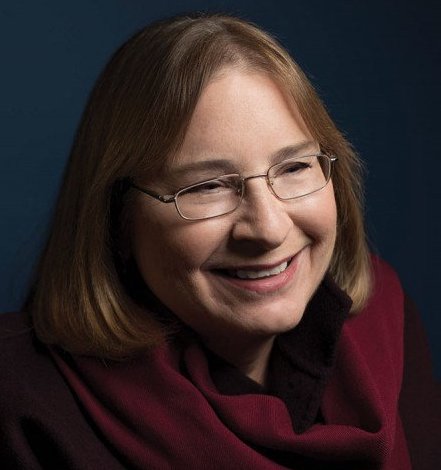
Maria Jasin
Member, Memorial Sloan-Kettering Cancer Center
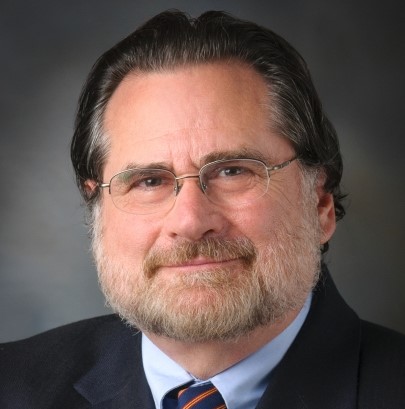
John Tainer
Robert A. Welch Chair in Chemistry, MD Anderson Cancer Center
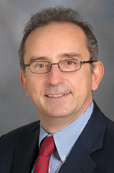
Giulio Draetta
Professor, UT MD Anderson Cancer Center
Invited Speakers

Barry Sleckman
Professor of Pathology and Immunology, Washongton University School of Medicine
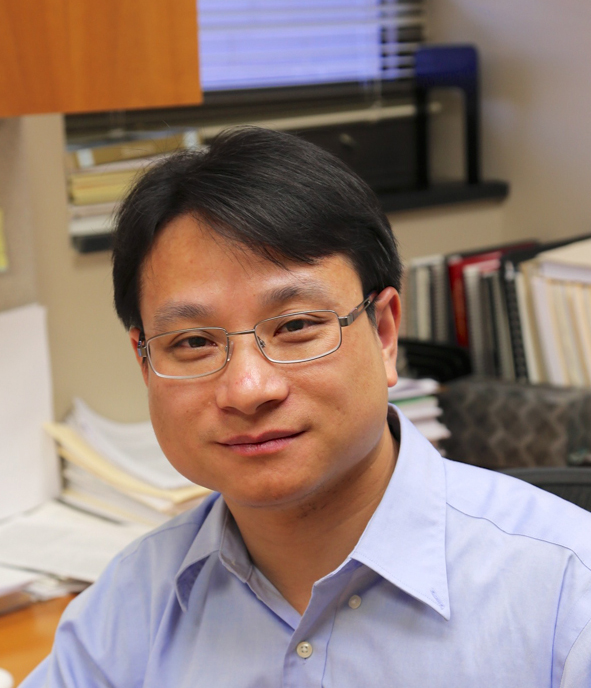
Zhongsheng You
Associate Professor, Washington University School of Medicine

Roger Greenberg
Associate Professor, University of Pennsylvania

Xiaochun Yu
Associate Professor of Internal Medicine, University of Michigan
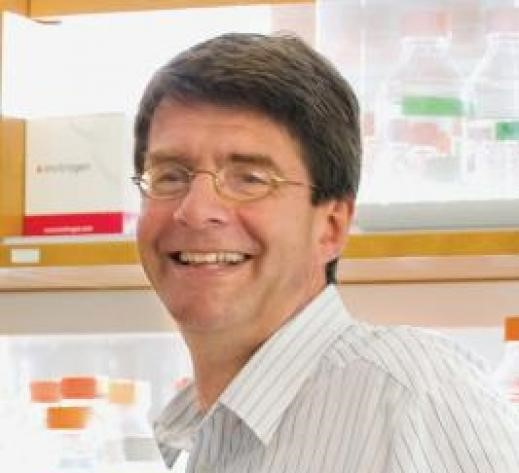
Wolf-Dietrich Heyer
Professor and Chair, University of California, Davis

Philip Connell
Associate Professor, University of Chicago

Jorge Reis-Filho
Attending, Memorial Sloan-Kettering Cancer Center
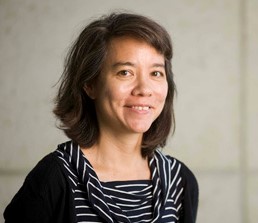
Tanya Paull
Professor, The University of Texas at Austin
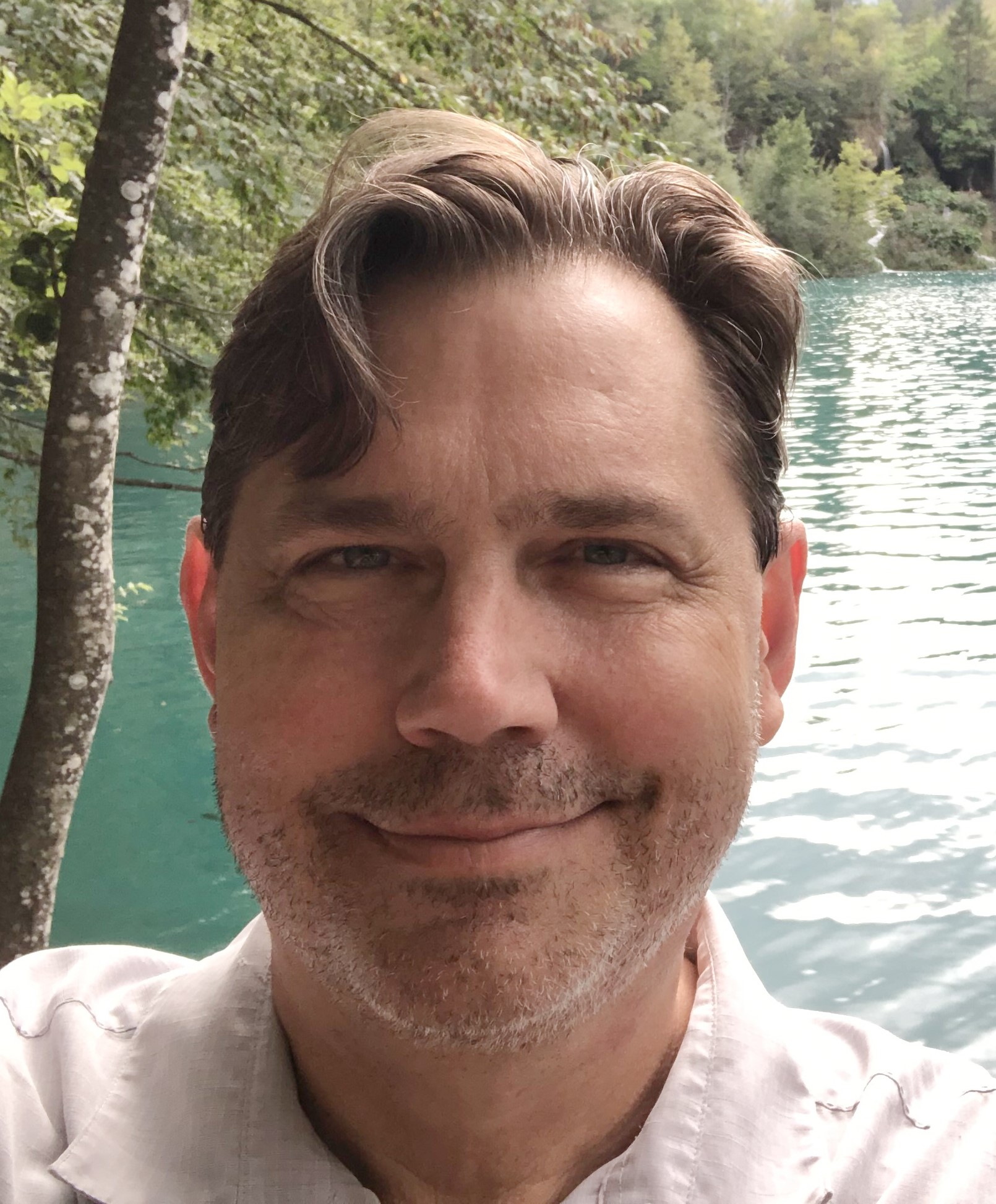
Eric J. Brown
Associate Professor, Department of Cancer Biology, Perelman School of Medicine, University of Pennsylvania

David Ferguson
Associate Professor, The University of Michigan

Jeffrey Parvin
Professor, Ohio State University
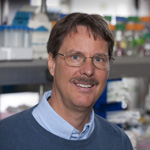
Jac Nickoloff
Professor and Head, Colorado State University

Kyle Miller
Assistant Professor, University of Texas at Ausin

Simon Powell
Radiation Oncology and Molecular Biology, Memorial Sloan Kettering Cancer Center
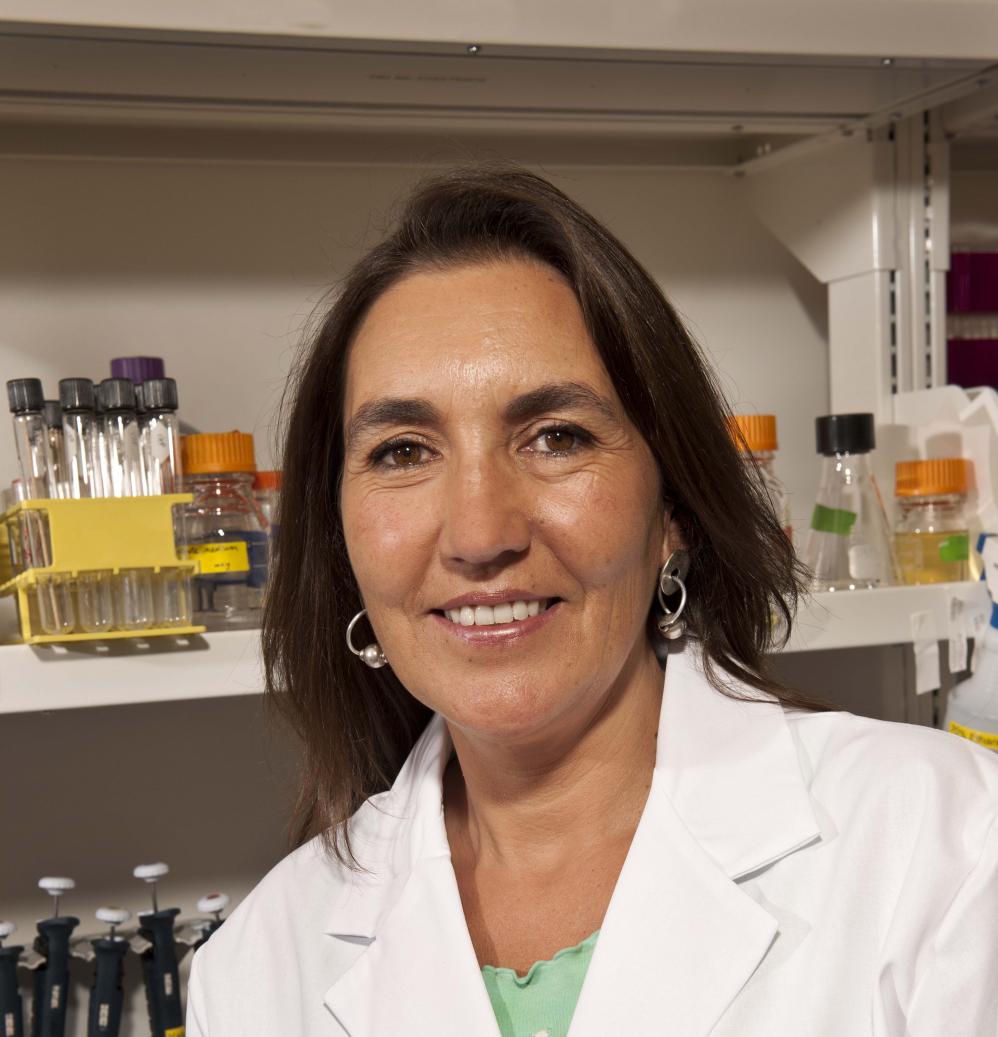
Susana Gonzalo
Associate Professor, Saint Louis University School of Medicine

Henning Willers
Associate Professor, Massachusetts General Hospital

Binghui Shen
Professor and Chair, Radiation Biology, Beckman Research Institute of City of Hope
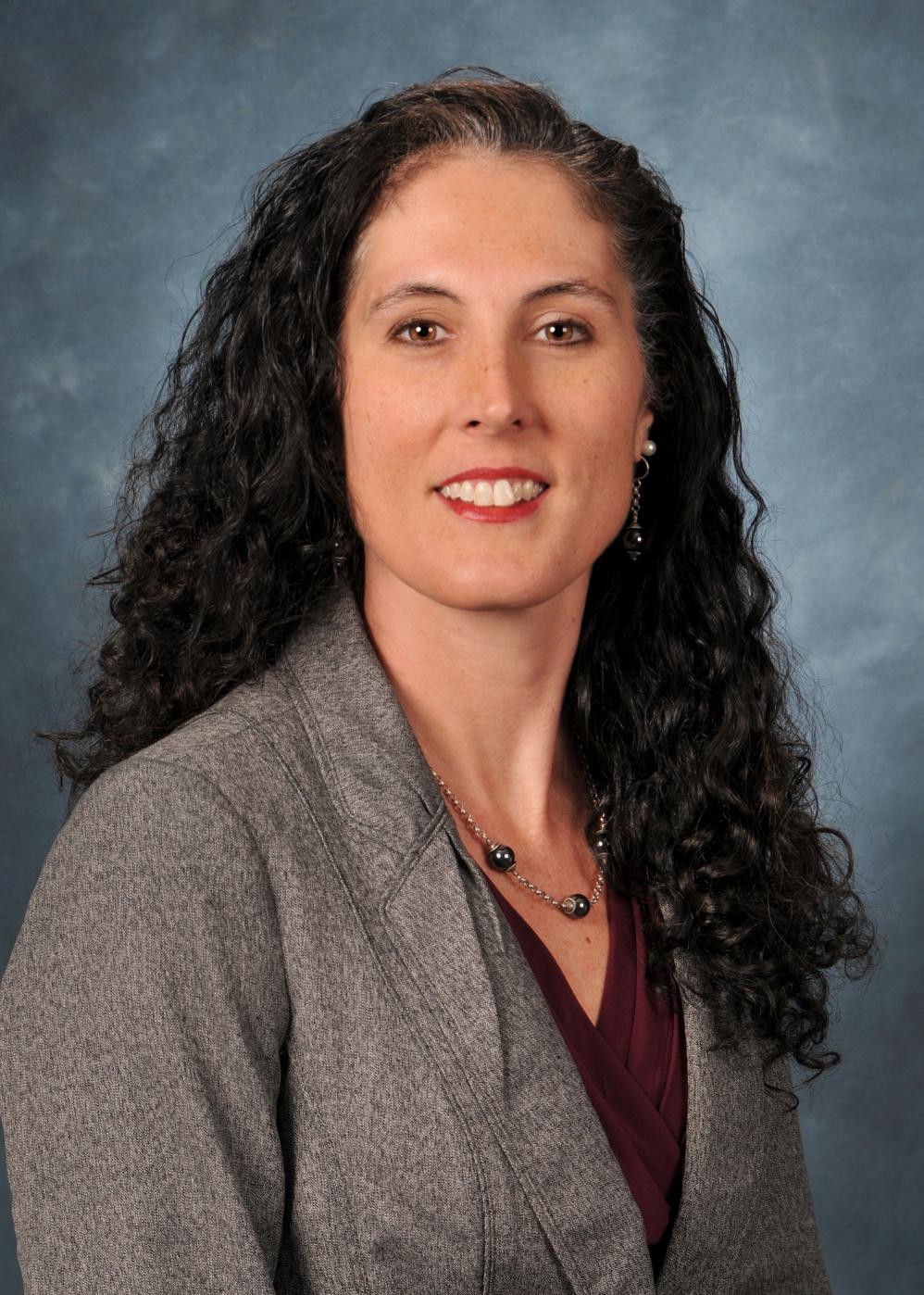
Karen Knudsen
Sidney Kimmel Cancer Center, TJU, Thomas Jefferson University
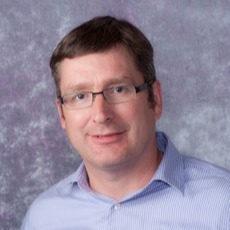
Christopher Bakkenist
Professor, University of Pittsburgh School of Medicine

Bill Plunkett
Professor, Univ.of Texas MD Anderson Cancer Center
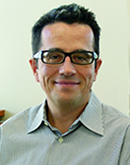
Jean Gautier
Professor, Columbia University Medical Center
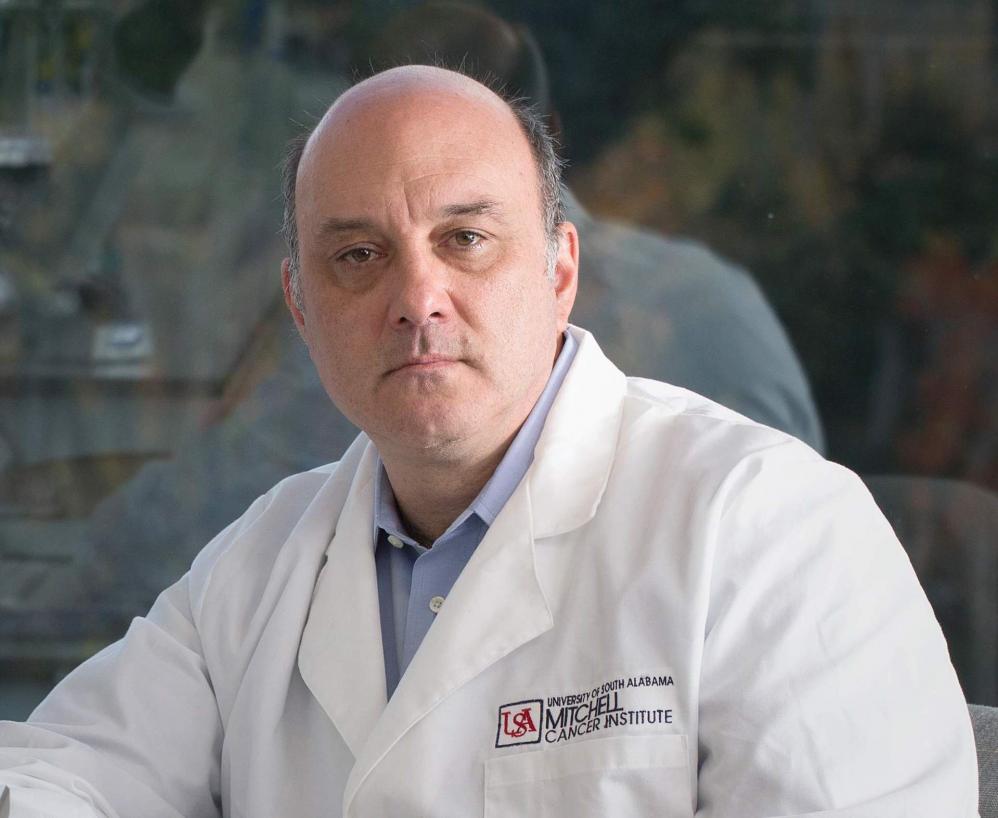
Robert Sobol
Professor of Oncologic Sciences & Chief, Molecular & Metabolic Oncology Program, University of South Alabama Mitchell Cancer Institute

Ralph Scully
Associate Professor, Beth Israel Deaconess Medical Center
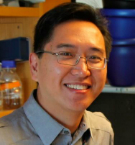
Lee Zou
Professor, Massachusetts General Hospital
Programme
Thursday 12th February 2015 |
||||
|
12:00 – 15:00 |
Registration |
|||
|
13:00 -14:15 |
Welcome Lunch |
|||
|
Repair pathway choices and therapeutic outcomes (1) |
||||
|
15:30 – 15:45 |
Opening Speech |
|||
|
15:45 – 16:30 |
Andre Nussenzweig National Institutes of Health |
TUMOR PROMOTING ROLE OF THE DNA DAMAGE RESPONSE |
||
|
16:30 – 17:00 |
Barry Sleckman |
TARGETING ABERRANT DNA DOUBLE STRAND BREAK REPAIR IN G1-PHASE CELLS |
||
|
17:00 – 17:30 |
David Ferguson |
THE MRN COMPLEX AS A POTENTIAL TARGET FOR CANCER THERAPY |
||
|
17:30 – 18:00 |
Refreshments |
|||
|
Repair pathway choices and therapeutic outcomes (2) |
||||
|
18:00 – 18:30 |
Simon Powell |
BACK-UP PATHWAYS FOR BRCA1-BRCA2 MEDIATED HOMOLOGOUS RECOMBINATION |
||
|
18:30 – 19:00 |
Junjie Chen |
MULTIPLE REPAIR PATHWAYS DETERMINE THERAPEUTIC OUTCOMES |
||
|
19:00 – 19:30 |
Roger Greenberg |
GENETIC INTERACTIONS WITHIN THE BRCA TUMOR SUPPRESSOR NETWORK |
||
|
19:30 – 20:00 |
Ralph Scully |
RECOMBINATION CONTROL BY BRCA1 AND BRCA2 AT STALLED MAMMALIAN REPLICATION FORKS: OPPORTUNITIES FOR THERAPY |
||
|
20:00 – 20:15 |
Richard Pomerantz |
TARGETED KILLING OF BRCA DEFICIENT CELLS BY A SMALL-MOLECULE INHIBITOR OF RAD52 |
||
|
20:15 – 20:30 |
Panel Discussion PM |
|||
|
20:30 |
Dinner at Leisure & Free Time |
|||
Friday 13th February 2015 |
||
|
07:00 -08:30 |
Breakfast |
|
|
Emerging therapeutic targets and clinical trials for cancer therapy |
||
|
08:30 – 09:15 |
Thomas Helleday |
TARGETING MTH1 FOR TREATMENT OF CANCER
|
|
09:15 – 09:45 |
Wolf-Dietrich Heyer |
RECOMBINATIONAL DNA REPAIR: FROM BASIC MECHANISM TO CANCER THERAPY |
|
09:45 – 10:15 |
Philip Connell |
DEVELOPMENT OF RAD51-MODULATING COMPOUNDS AS POTENTIAL ONCOLOGY DRUGS |
|
10:15 – 10:45 |
Robert W. Sobol |
TARGETING ADP-RIBOSYLATION PROTEINS IN GLIOMA STEM CELLS |
|
10:45 -11:00 |
Kent W Mouw Dana-Farber Cancer Institute |
ERCC2 MUTATIONS CONFER LOSS OF NUCLEOTIDE EXCISION REPAIR CAPACITY AND PREDICT RESPONSE TO CISPLATIN-BASED CHEMOTHERAPY IN UROTHELIAL CARCINOMA |
|
11:00 – 11:15 |
Refreshments |
|
|
11:15 – 11:45 |
Jorge Reis-Filho |
|
|
11:45 – 12:15 |
Henning Willers |
TARGETING DNA DOUBLE-STRAND BREAK INDUCTION AND REPAIR IN |
|
12:15 – 12:30 |
Bernd Kaina |
SURVIVAL AND DEATH STRATEGIES OF GLIOMA AND MALIGNANT MELANOMA CELLS EXPOSED TO ALKYLATING ANTICANCER DRUGS |
|
12:30 – 12:45 |
Panel Discussion AM |
|
|
12:45 – 16:00 |
Lunch at Leisure & Free Time |
|
|
Multiple targets and cellular processes involved in cancer development and treatment |
||
|
16:00 – 16:30 |
Tanya Paull |
REGULATION OF SAE2 AND CTIP ACTIVITY THROUGH PHOSPHORYLATION
|
|
16:30 – 17:00 |
Binghui Shen |
ALPHA-SEGMENT ERROR EDITING BY THE MAMMALIAN FEN1/MUTSΑ FUNCTIONAL COMPLEX
|
|
17:00 – 17:15 |
Katharina Schlacher |
RECRUITMENT OF 53BP1 FOR REPLICATION FORK RESTART AND STABILITY DEPENDS UPON A PHOSPHATASE-INDEPENDENT PTEN ACTIVITY |
|
17:15 – 17:30 |
Gregory C. Stachelek |
ARYL SULFONAMIDES ARE A NOVEL CLASS OF HOMOLOGY-DEPENDENT DNA REPAIR INHIBITORS WITH ANTINEOPLASTIC ACTIVITY |
|
17:30 – 18:00 |
Susana Gonzalo |
VITAMIN D RECEPTOR MODULATES DNA REPAIR: IMPLICATIONS FOR BREAST CANCER AND PROGERIA |
|
18:00 – 18:30 |
Refreshments |
|
|
18:30 – 19:15 |
Giulio Draetta |
|
|
19:15 – 19:45 |
Kyle Miller |
ATM LINKS ENDOGENOUS OXIDATIVE STRESS TO TUMOR PROMOTION |
|
19:45 – 20:00 |
Srividya Bhaskara |
HISTONE DEACETYLASES 1,2: GUARDIANS OF GENOME STABILITY
|
|
20:00 – 20:15 |
Sergio Ruiz CNIO |
REPLICATIVE STRESS DURING SOMATIC CELL REPROGRAMMING |
|
20:15 – 20:30 |
Panel Discussion PM |
|
|
20:30 |
Dinner at Leisure & Free Time |
|
Saturday 14th February 2015 |
|||
|
07:00 – 08:30 |
Breakfast |
||
|
Current and potential therapeutic targets in DNA repair pathways |
|||
|
08:30 – 09:15 |
John Tainer |
ZEROING IN ON MASTER KEYS TO EXCEPTIONAL RESPONDERS FOR CANCERS |
|
|
09:15 – 09:45 |
Jean Gautier |
Mechanisms of MYC-driven genomic instability |
|
|
09:45 – 10:00 |
Bipasha Mukherjee |
Inhibition of DNA Double-Strand Break Repair by A Dual PI3K/mTOR Inhibitor as a Strategy for Radiosensitization of Glioblastoma
|
|
|
10:00 – 10:30 |
Zhongsheng You |
COORDINATED REGULATION OF EXO1 IN DNA END RESECTION AND ITS IMPLICATIONS IN CANCER THERAPY |
|
|
10:30 – 10:45 |
Anand Jeyasekharan Cancer Science Institute of Singapore |
BRCA2-RAD51 NUCLEAR EXPORT; FROM MOLECULAR MECHANISM TO A BIOMARKER OF HOMOLOGOUS RECOMBINATION DEFICIENCY |
|
|
10:45 – 11:00 |
Sharon Cantor |
A NOVEL MECHANISM OF THERAPY RESISTANCE IN BRCA2-MUTANT CELLS |
|
|
11:00 – 11:30 |
Refreshments |
||
|
11:30 – 12:00 |
Karen Knudsen |
TARGETING HORMONE-DNA REPAIR CROSSTALK IN PROSTATE CANCER: MECHANISMS AND IMPLICATIONS FOR THERAPEUTIC INTERVENTION |
|
|
12:00 – 12:30 |
Bill Plunkett |
MECHANISM-BASED THERAPEUTIC STRATEGY TO TARGET A RECURRENT GENETIC LESION IN THE HOMOLOGOUS RECOMBINATION REPAIR PATHWAY |
|
|
12:30 – 12:45 |
Panel Discussion |
||
|
12:45 – 16:30 |
Lunch at Leisure & Free Time |
||
|
Checkpoint kinases as therapeutic targets |
|||
|
16:30 – 17:00 |
Helen Piwnica-Worms |
DNA DAMAGE, CHECKPOINT SIGNALING AND THERAPEUTIC OPPORTUNITIES |
|
|
17:00 – 17:30 |
Eric Brown |
ATR INHIBITION AS A BROAD SPECTRM CANCER THERAPY TARGETED BY COMMON CANCER-ASSOCIATED MUTATIONS |
|
|
17:30 – 18:00 |
Lee Zou |
ALTERNATIVE LENGTHENING OF TELOMERES RENDERS CANCER CELLS HYPERSENSITIVE TO ATR INHIBITORS |
|
|
18:00 – 18:15 |
Xuetong Shen |
REGULATION OF KEY CHECKPOINT KINASES BY ATP-DEPENDENT CHROMATIN REMODELING COMPLEXES – NOVEL PATHWAYS TO TARGET IN CANCER
|
|
|
18:15 – 18:45 |
Christopher Bakkenist |
INHIBITION OF ATR KINASE ACTIVITY FOR THE TREATMENT OF LUNG CANCER |
|
|
18:45 – 19:00 |
Panel Discussion |
||
|
19:00 – 20:00 |
Poster Session & Cocktails |
||
|
20:15 – 23:00 |
Gala Night, Group Photo & Poster Awards *Lower Pool Deck* |
||
Sunday 15th February 2015 |
||
|
07:00 -08:30 |
Breakfast |
|
|
DNA double-strand repair pathways in response to anti-cancer therapies (1) |
||
|
08:30 – 09:15 |
Maria Jasin |
|
|
09:15 -09:45 |
Xiaochun Yu |
NOVEL POLY(ADP-RIBOSE) BINDING DOMAINS AND POLY(ADP-RIBOSE)-DEPENDENT SIGNAL TRANSDUCTION |
|
09:45 – 10:15 |
Jeffrey Parvin |
BRCA1, 53BP1, AND SUMO FACTORS IN DNA DOUBLE-STRAND BREAK REPAIR |
|
10:15 – 10:45 |
Jac Nickoloff |
METNASE AND EEPD1: TWO NUCLEASES THAT REGULATE DSB REPAIR, REPLICATION STRESS RESPONSES AND GENOME STABILITY
|
|
10:45 – 11:15 |
Refreshments |
|
|
DNA double-strand repair pathways in response to anti-cancer therapies (2) |
||
|
11:15 – 11:30 |
Junran Zhang |
RNF126 PROMOTES HOMOLOGOUS RECOMBINATION VIA REGULATING E2F1-MEDIATED BRCA1 EXPRESSION |
|
11:30 – 11:45 |
Markus Löbrich |
NEK1 PHOSPHORYLATES RAD54 TO PROMOTE HOMOLOGOUS RECOMBINATION |
|
11:45 – 12:00 |
Tomasz Skorski Temple University School of Medicine |
GENE EXPRESSION AND MUTATION ANALYSIS (GEMA) –GUIDED PRECISION MEDICINE TARGETING PARP1 TO INDUCE SYNTHETIC LETHALITY IN DNA-PK –DEFICIENT QUIESCENT AND BRCA -DEFICIENT PROLIFERATING LEUKEMIA STEM AND PROGENITOR CELLS |
|
12:00 – 12:15 |
Panel Discussion |
|
|
12:15 – 12:30 |
Closing Remarks |
|
Supported by
Venue & Location
Fiesta Americana Condesa
This stylish hotel features contemporary Mexican architecture, including one of the largest and most impressive thatched-roof "palapas" in the entire country. There are cultural activities, arts and crafts and sports programs to keep you constantly entertained, plus time to relax and enjoy the Mayan culture, soak up the Caribbean sunshine and revel in the international ambiance that settles in after the sun goes down.
Throughout your stay delegates will enjoy a full meal plan, inclusive of beverages. Take your pick from the aromatic Asian delights at Kaumbu, traditional fare at El Mexicano, delicious international cuisine at Kalmia Buffet or perhaps sample the sumptuous Italian dishes at Rosato. There are also several other dining opportunities such as the Cevichería, Pizzeria, Sushi Corner, pool and lounge bar areas. The Gala Night with either a Mayan or Caribbean theme takes place on the third evening of the conference with a mouth-watering feast of local cuisine, an open bar and amazing local entertainment. We welcome all delegates and their accompanying persons to the Gala Night – a truly fun filled night not to be missed!
Hotel Facilities
- Lagoon Pool
- Extensive Health Club and Spa
- Complimentary Wi-Fi in guest rooms and throughout hotel and conference areas
The Fiesta Americana Condesa, Cancun is the 2015 Winner of the Trip Advisor Certificate of Excellence and also received the Travellers Choice Award in 2014.
The remains of ancient Mayan cities are scattered throughout the Yucatan Peninsula and no trip to Cancun would be complete without a visit to these majestic temples and pyramids set amongst lush tropical vegetation. We will be working very closely with a reputable tour company who will be organising trips to Tulum, Chichen Itza, Coba and Xcaret to name a few, some of which may require a full day. Full day excursions will be arranged pre or post conference and may be on an individual or group booking so we would recommend booking extra nights to extend your stay as early as possible to avoid disappointment should these excursions be of interest to you and/or your party. For further information please contact us.
General Information
Venue Rating
★ ★ ★ ★ ★
Currency
US Dollar (USD)
Address
Fiesta Americana Condesa, Blvd.Kukulkán km 16.5 Zona Hotelera, Cancun, 77500 Mexico
Nearest Airport
Cancun International Airport
Location
Cancun is a delightful combination of natural beauty, islands, ecological reserves and white sandy beaches. However, besides sun, sand and sea, this destination also offers an infinite variety of underwater activities to choose from: the diving, snorkelling and fishing here are outstanding and you will find an undersea world packed with tropical fish that live on the second largest barrier reef in the world. Sports enthusiasts might choose one of the many eco-tourism activities, such as cycling or hiking through the tropical forest or kayaking through mangroves, or something a little more adventuresome, like zip lining through the treetops.
Apart from the more well-known ancient Mayan archealogical sites such as Tulum, Cobá and Chichén Itzá you may like to visit the Aktun Chen caverns, voted one of the Top 10 underwater walks by National Geographic described as a truly magical experience.
Gallery
View on FlickrConference History
If you are interested in this meeting but not yet ready to register, you can sign up for updates here and our team will keep you updated regarding deadline reminders and grant opportunities relating to this meeting only.
If you're interested in sponsoring this conference please contact us.
Conference Manager
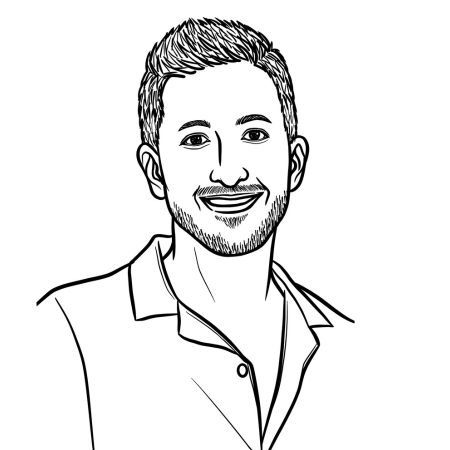
Jack Peters
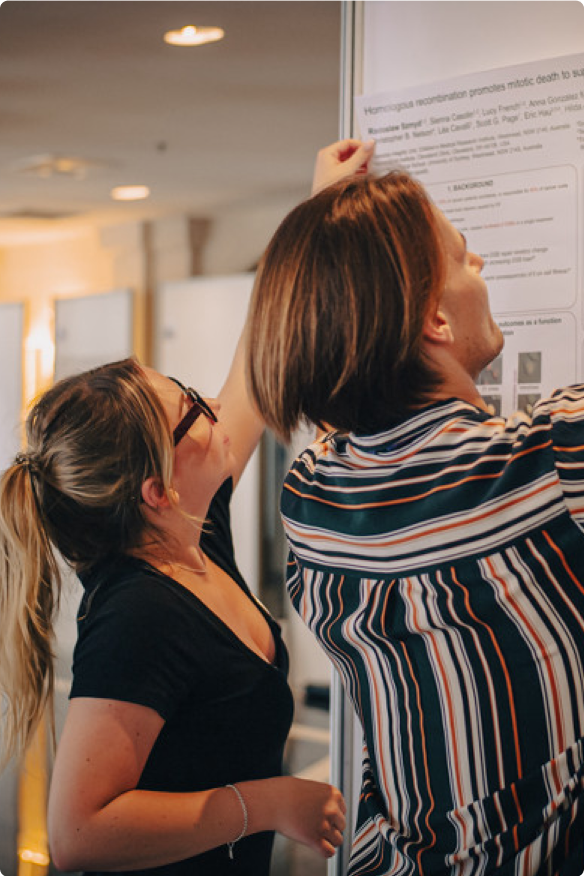
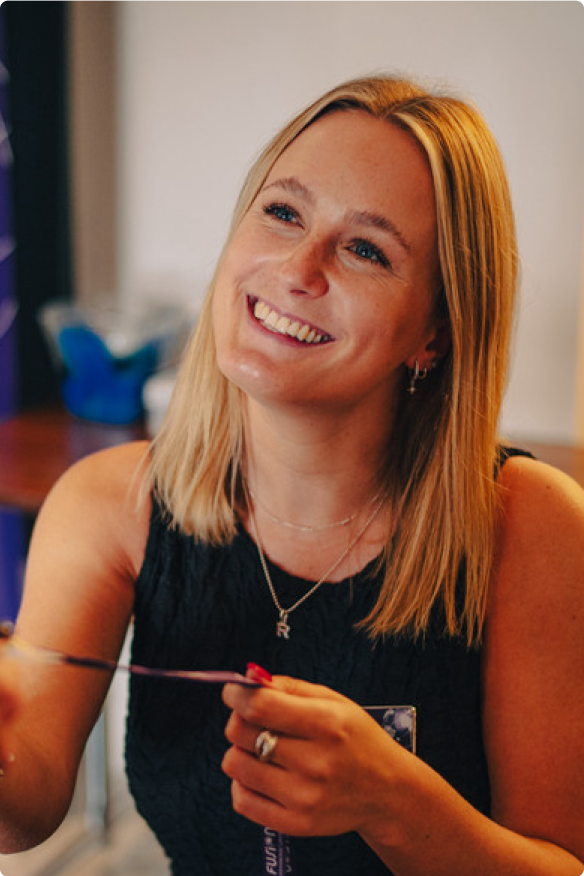
Need some help? Chat to the Fusion team today
As a family run business, our dedication runs deep. We’re committed to each other and, even more so, to every attendee’s experience, delivering a level of care and passion that’s truly unmatched.
